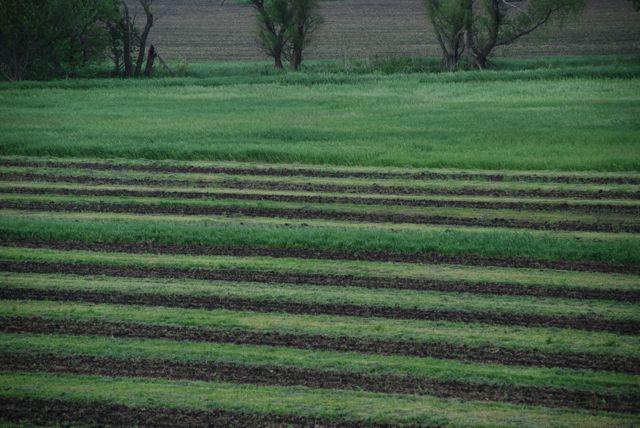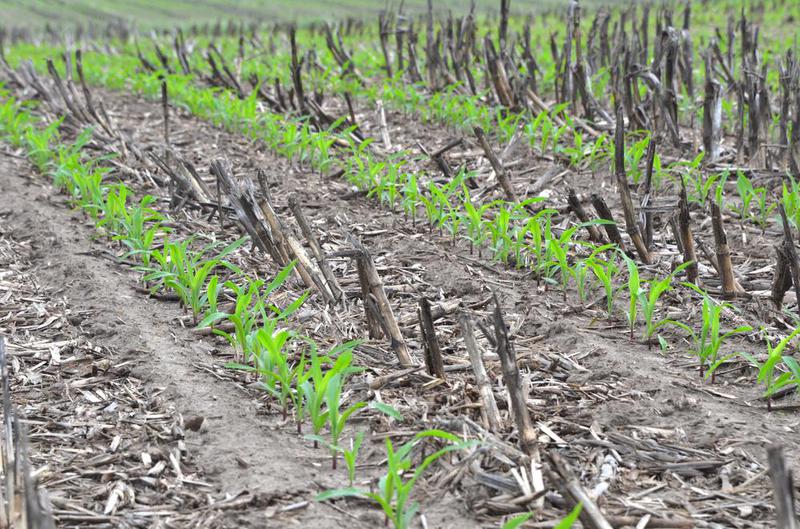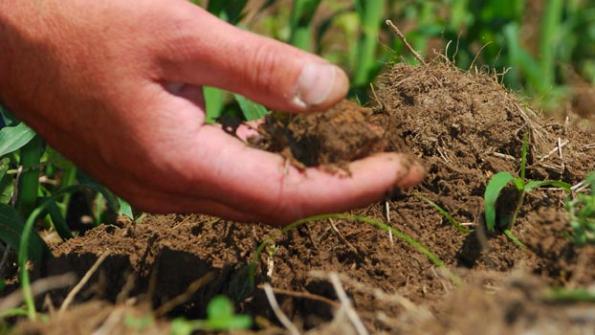
Journalists not the enemy
At our recent annual meeting of the American Agricultural Editors’ Association, I met with a group of editor peers at competing national and regional magazines/websites to discuss the issue of fake news.
We came to a unanimous conclusion that our industry needs to voice united support for our craft and for a free press—as professionally trained journalists. Since this decision, hundreds of competitive news organizations came together today (August 16) to write editorials that highlight the dang
We came to a unanimous conclusion that our industry needs to voice united support for our craft and for a free press—as professionally trained journalists. Since this decision, hundreds of competitive news organizations came together today (August 16) to write editorials that highlight the dang





